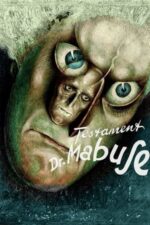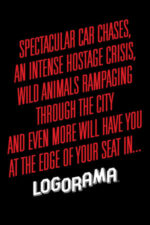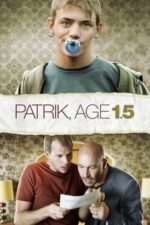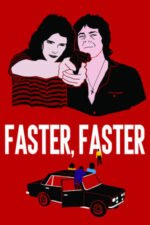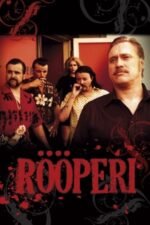Beyond Bad Seeds: Exploring the Cinematic Delinquent
Okay, let's talk about "delinquency" on film. It’s a fascinating lens through which to examine society – what we define as “bad” behavior, why people stray from the path, and how systems (or lack thereof) contribute to it. We often think of delinquency in terms of juvenile crime, but cinema has broadened that definition considerably over the years. It's not just about shoplifting or petty theft; it’s about rebellion, desperation, a search for belonging – all wrapped up in choices that put someone at odds with societal norms.
Think about The Marvelous and the Black Hole. On the surface, it’s a quirky coming-of-age story about a girl finding solace in a magician's act. But beneath that whimsical exterior lies a deep exploration of neglect, instability, and the kind of delinquency born from feeling utterly lost. Her actions – her rebellion, her defiance – aren’t malicious; they're cries for attention, attempts to exert control over a life that feels completely out of her hands. It reminds me a little of The Violent Years, where those girls turning to gas station robberies weren’t hardened criminals at first. They were kids acting out against parental apathy and seeking a twisted kind of freedom. There's a real sadness in seeing how easily young people can be drawn into destructive patterns when they feel unseen.
Then you have films like The Hard Word, which takes a darkly comedic approach to the concept. Three brothers, already criminals, get entangled with corrupt cops – it’s a slippery slope where the lines between right and wrong become hilariously blurred. It's almost a satire of how easily people can rationalize bad behavior when there's money or power involved. And Hellsinki shows us that even seemingly ordinary folks can find themselves drawn into criminal enterprises, driven by ambition and a desire to carve out their own space in the world – it’s a fascinating look at how circumstances shape choices.
What I love about films like El ratero de la vecindad, though, is that they offer a lighter perspective. Roberto's double life as a mechanic and a thief is inherently funny because he's trying so desperately to protect his son from the truth. It’s a reminder that even within delinquency, there can be love, loyalty, and a desire for redemption – albeit often hilariously botched!
Ultimately, exploring "delinquency" in film isn't about glorifying bad behavior. It's about understanding it. It's about looking beyond the label and asking why. Why do people make the choices they do? What societal factors contribute to their actions? And what does it say about us as a culture when we create environments where delinquency can flourish?
It’s a theme that continues to evolve, reflecting our changing understanding of crime, poverty, mental health, and the complexities of human nature. What films have you found particularly insightful in exploring this idea? I'd love to hear your thoughts!


























